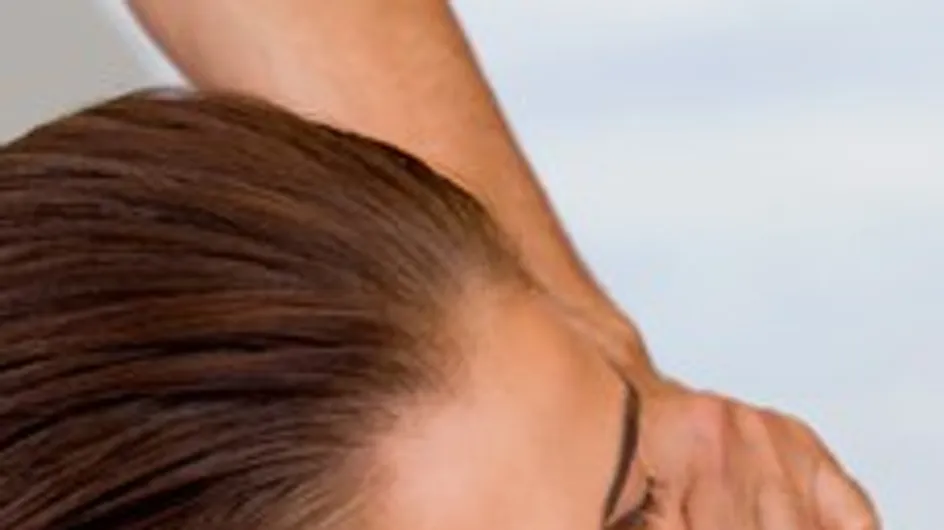Massage therapy benefits
Amongst its many benefits, massage therapy can also help to prevent and alleviate certain problems.
Despite the diversity of techniques that exist, all are based on the principle of using touch as a natural therapy. Touching can be done with hands and fingers as well as elbows or feet.
The parts of the body that are massaged depends on the technique used and the benefits sought: all of the body, or only a part of it (back, head, feet, etc.), joints, skin, muscles...
Some massage techniques focus on the meridians: energy points found throughout the whole surface of the body, which are used in the practice of acupuncture.
Different types of massage therapy
There are dozens of different types of massage, each with its own benefits and purposes:
> physiotherapy massage: this is carried out by a physiotherapist and is used to reduce muscular pain, restore mobility to joints and as part of post-trauma rehabilitation.
> therapeutic massages: designed to relieve a particular condition or state: this is the case, for example, with massages offered to sports people, pregnant women, weight-loss treatments, or back treatments.
> massages that stimulate energy points: oriental massages in particular, shiatsu, reflexology, Japanese massage therapy, etc.
> relaxing massages: they relax the body and the mind by integrating an element of body-oriented psychotherapy. This is the case, for example, with Californian massage.
 © Thalasso Alliance Pornic
What happens during a session?
© Thalasso Alliance Pornic
What happens during a session?
A massage therapy session can take place in different places: private practice, hospital, beauty centre, thalassotherapy, etc.
The massage might be performed directly on your skin or through light clothing, and you might be required to lie down, sit down or stand.
The therapist will use their hands, or maybe some objects: hot stones, bowls (e.g. in ayurvedic massages), a stylus, etc.
The massage might be performed on dry skin or with oil, cream or seawater.
Benefits of massage therapy
Massage therapy can help with a number of health issues as it:
- encourages muscles to relax
- promotes nervous relaxation
- stimulates blood flow and lymphatic circulation
- encourages digestion and the elimination of toxins
- relieves back, neck and shoulder pain
- alleviates stress, anxiety and sleep problems.
Who can benefit from massage therapy?
Massages are recommended for people of all age groups, young or old, and some are even suitable for pregnant women.
However, people suffering from certain health problems should get a medical opinion before having a massage e.g. those with high blood pressure, cardiovascular or circulatory problems. It's also not advised to have a massage if you have a fever.
Who practises massage therapy?
Massage therapy training varies a lot from one country to another. In the UK, the GCMT (General Council for Massage Therapies) is the governing body for massage therapy so it's advisable to find a practitioner who is registered with them.
For more information visit the GCMT website: www.gcmt.org.uk
Also in Health & Fitness:
> Choosing the right type of massage
> Self-massage in a few simple steps
> Massage devices














